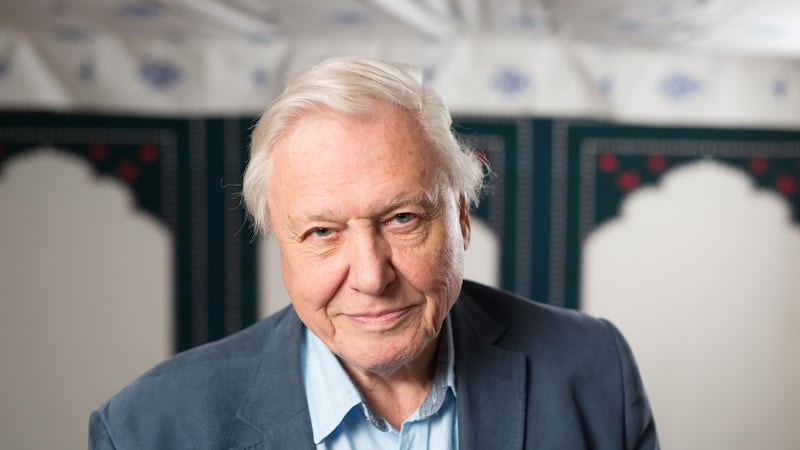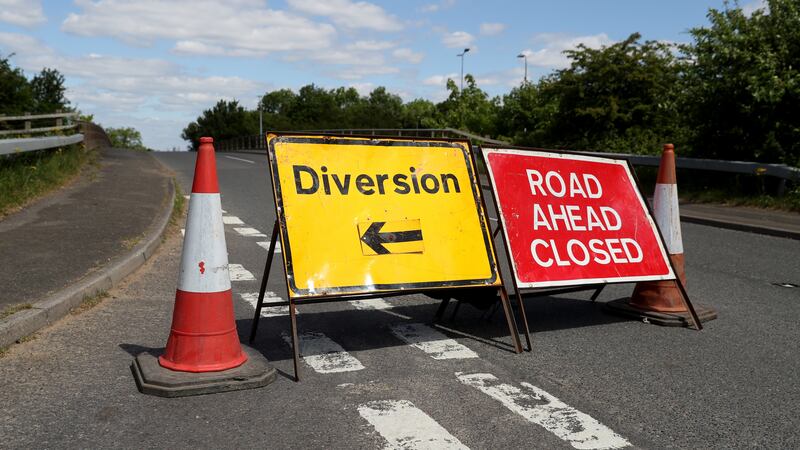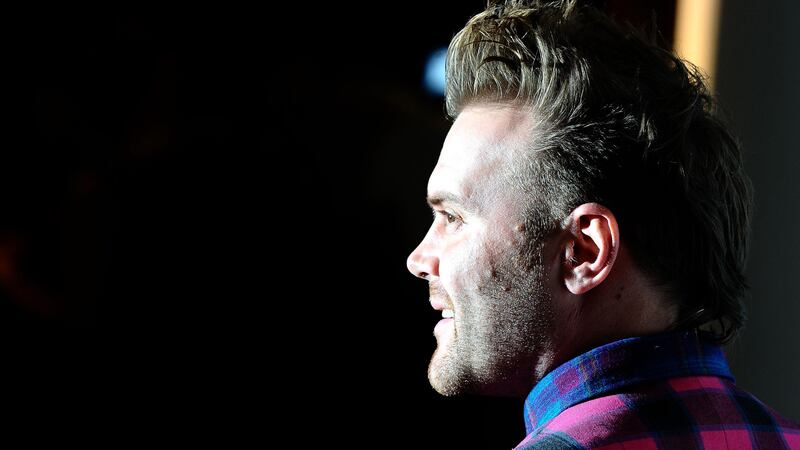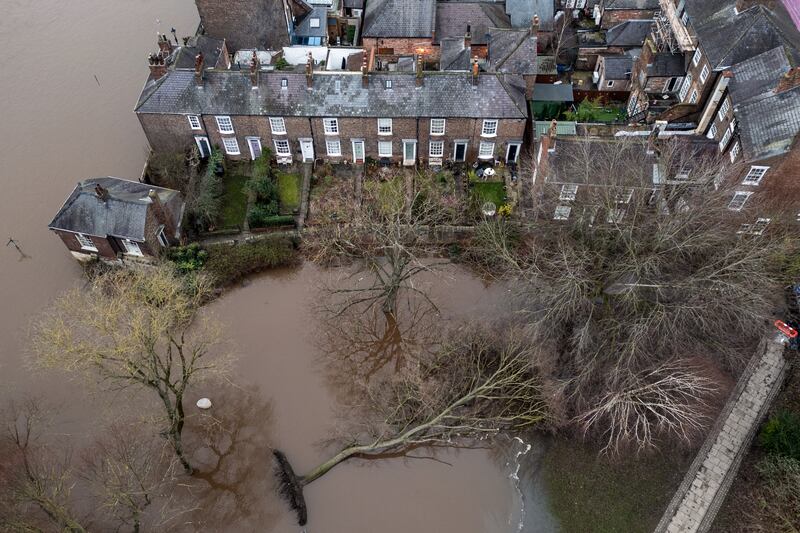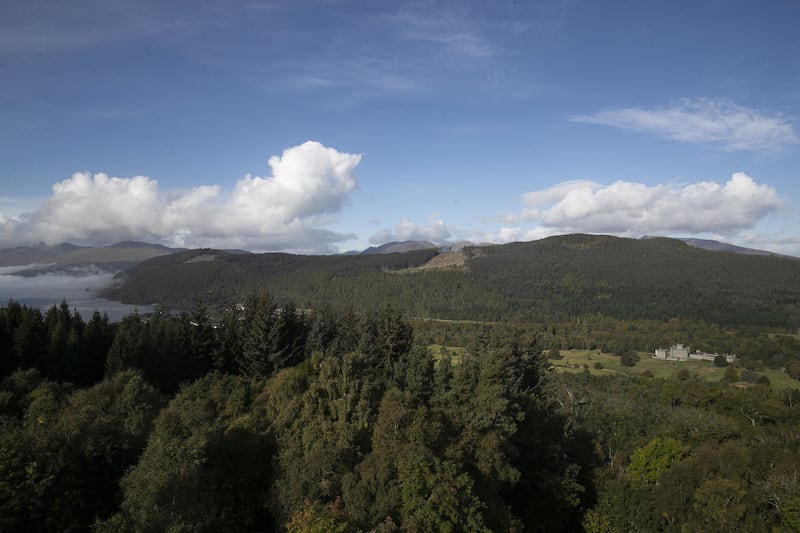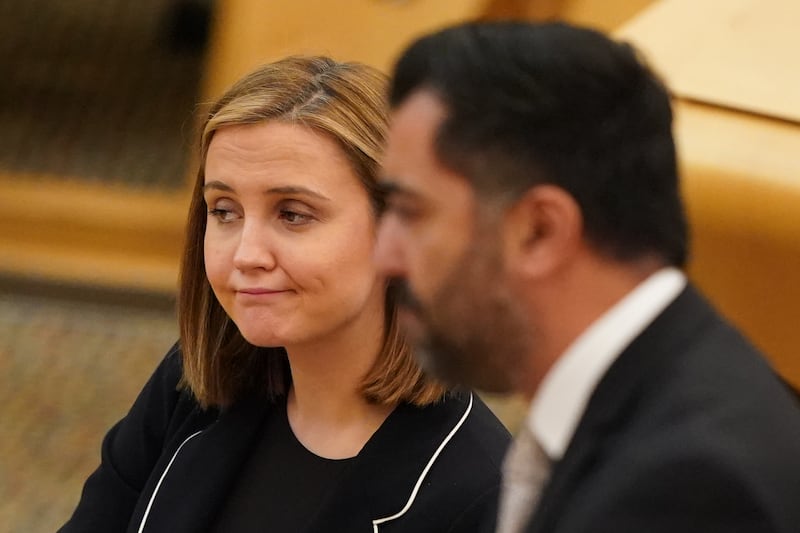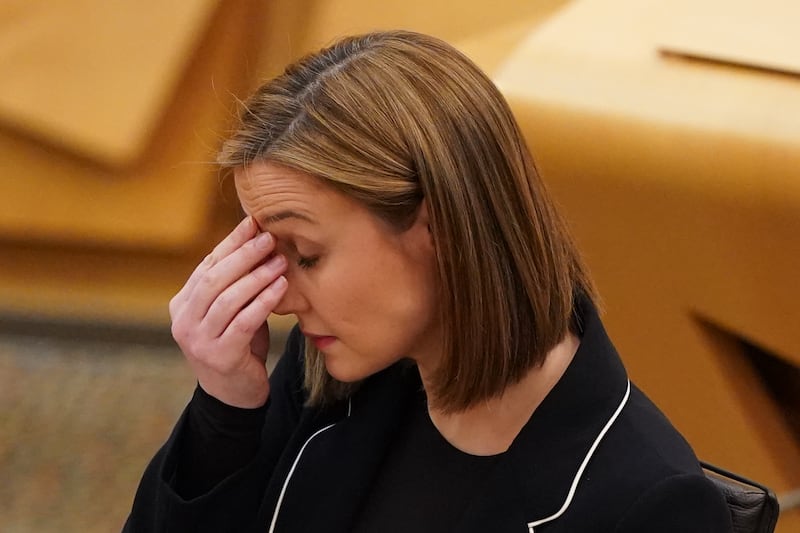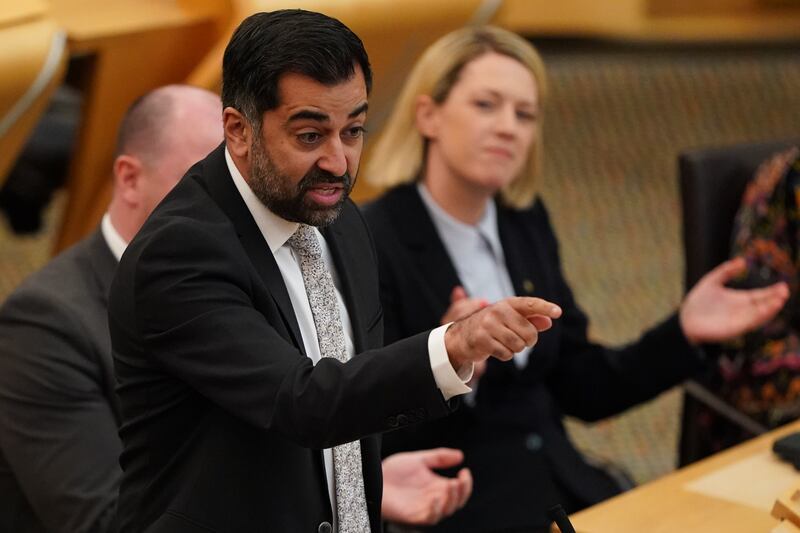Sir David Attenborough has described the “heartbreaking” moment an albatross fed its chick plastic instead of fish in a sequence filmed for Blue Planet II.
Sir David said the issue of plastic pollution was prominent in the filming of the new nature documentary which is being broadcast on the BBC this autumn.
In an interview for Unearthed, Greenpeace’s new investigative and environmental news platform, he said plastics are of “crucial importance” and there are many heartbreaking examples of the impacts of pollution.
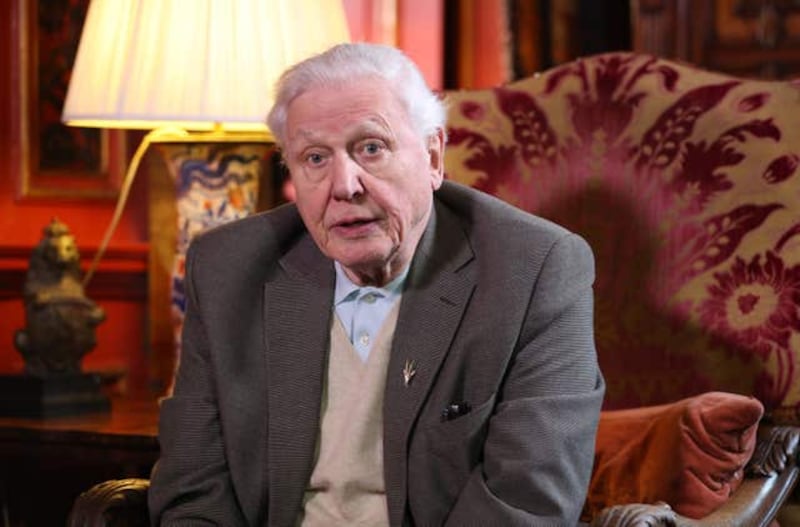
“Which example do you choose as being most heartbreaking? The one I would choose because I feel so strongly for them are the albatross,” he said, describing them as “marvellous birds”.
“There’s a shot of the young being fed, and what comes out of the mouth of the beak of the adult?
“Not sandeels, not fish, not squid – which is what they mostly feed on. It’s plastic and it’s heartbreaking, heartbreaking,” he said.
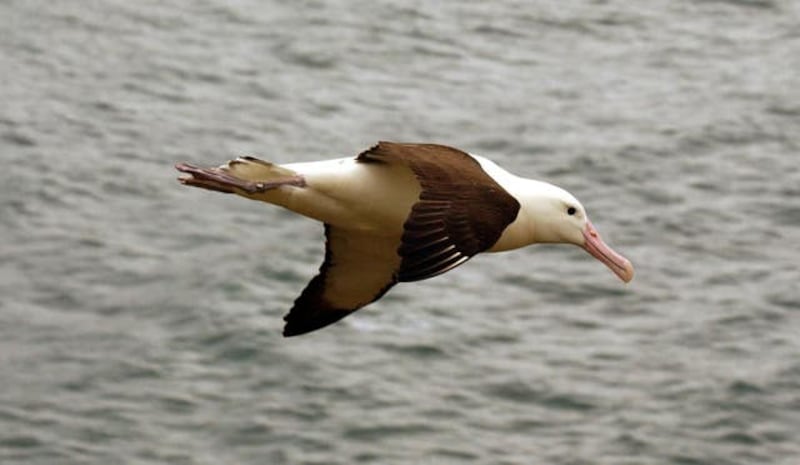
Greenpeace has been campaigning against plastic pollution, with a scientific voyage around the Scottish coast documenting the problem of bottles, bags and packaging in important seabird colonies and the habitat of seals and whales.
Environmental campaigners want the UK Government to launch a bottle deposit return scheme – similar to that already announced by the Scottish Government – to try to cut the amount of plastic bottles ending up in landfill or as litter in the countryside and oceans.
Greenpeace UK senior oceans campaigner Louise Edge said: “David Attenborough’s words will strike a chord with anyone who has ever witnessed the harm plastic pollution is causing to marine life, whether it’s a turtle tangled up in plastic or a whale’s stomach full of carrier bags.
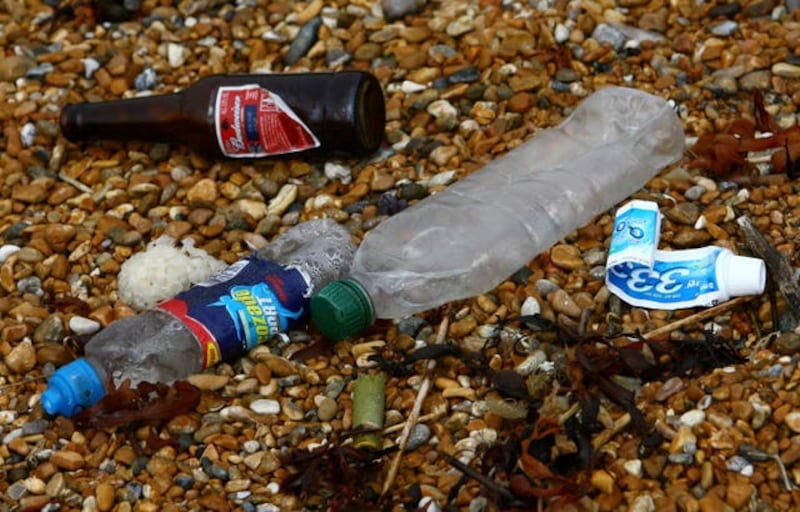
“With a truckload of plastic being dumped in our oceans every minute, this has now become a global environmental crisis stretching from the Arctic shores to remote islands in the South Pacific and Britain’s own coastline.”
She added that Sir David’s words should be a “wake-up call” for governments and corporations that real action is needed now to stop plastic waste choking the oceans.
